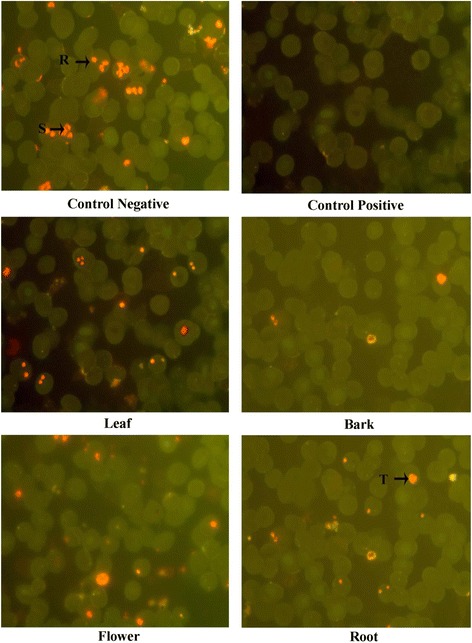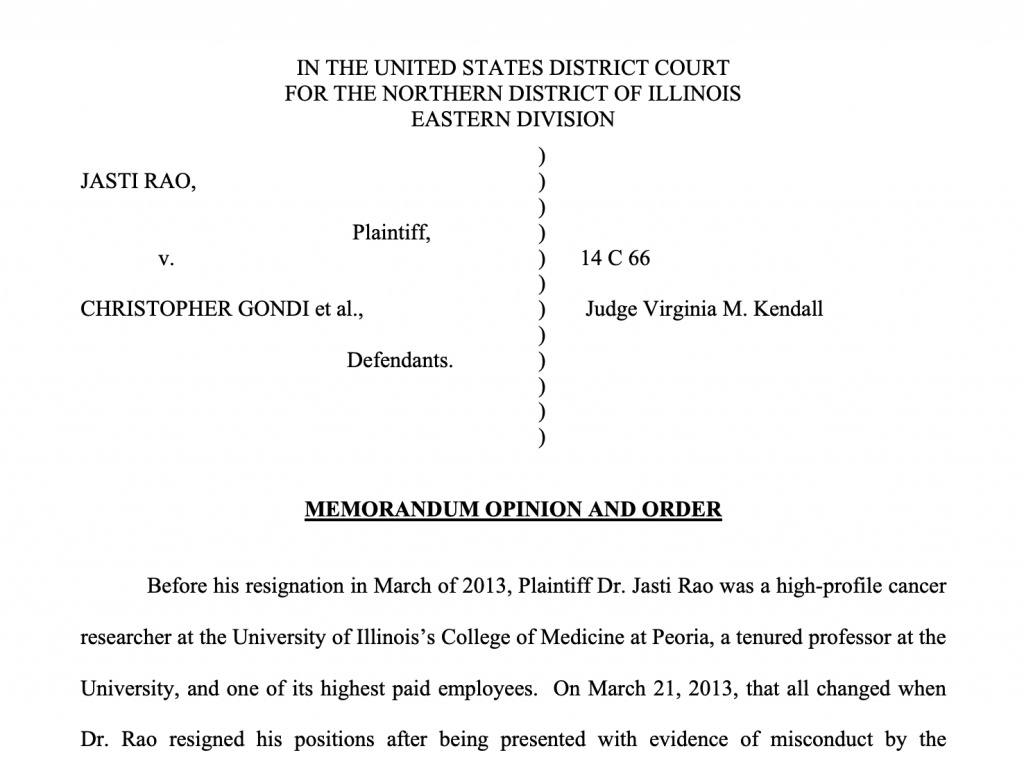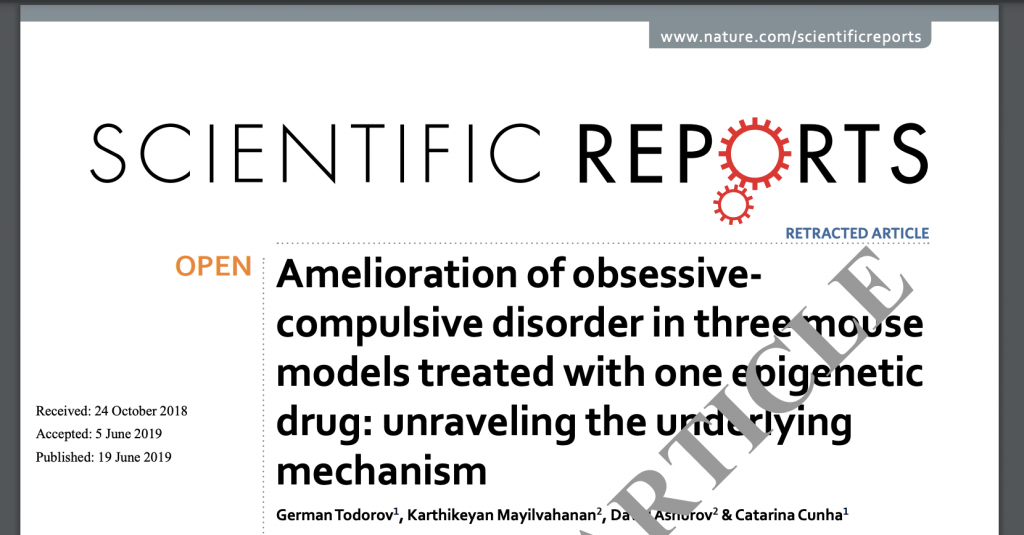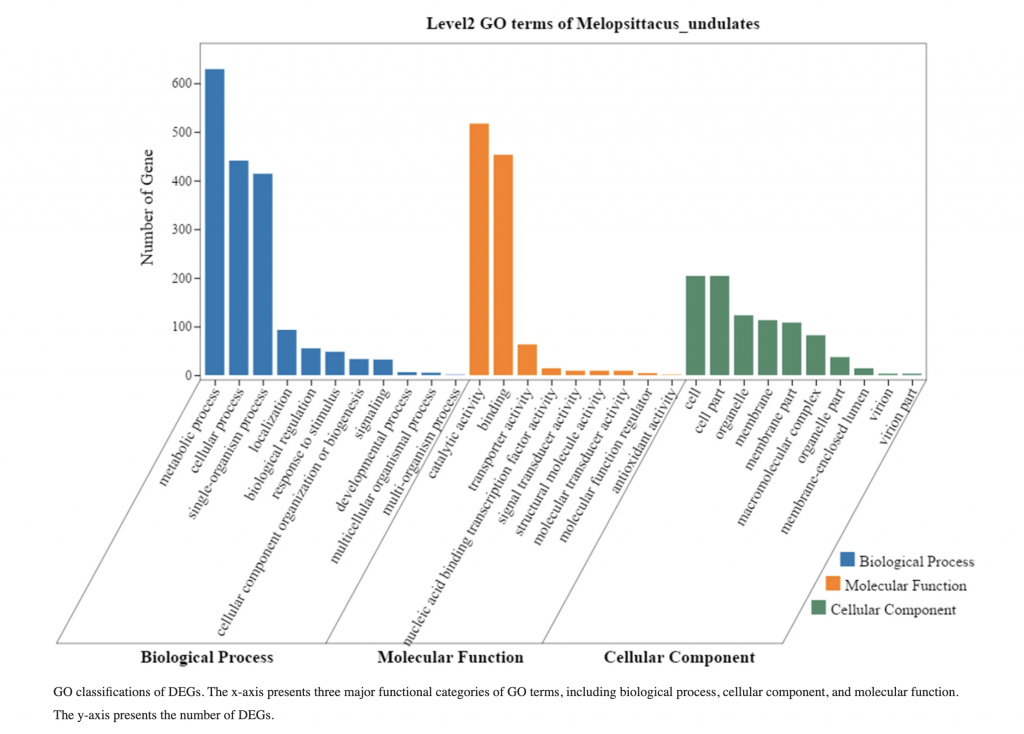
A journal has expressed regret over its sluggish response to image hijinx in a 2017 paper on the antimalarial properties of a kind of pea plant.
The article, “Antimalarial efficacy of Pongamia pinnata (L) Pierre against Plasmodium falciparum (3D7 strain) and Plasmodium berghei (ANKA),” was written by P. V. V. Satish and K. Sunita, of the Department of Zoology and Aquaculture at Acharya Nagarjuna University.
The paper drew scrutiny on PubPeer four years ago, where commenters noted issues with the figures.
Time passed, and the paper was cited six times, according to Clarivate Analytics’ Web of Science. Now, according to the retraction notice:
Continue reading ‘Regrettably it took too long to investigate and retract this paper.’







